Category: natural disasters
3 Reasons Why Handwashing Should Matter to You
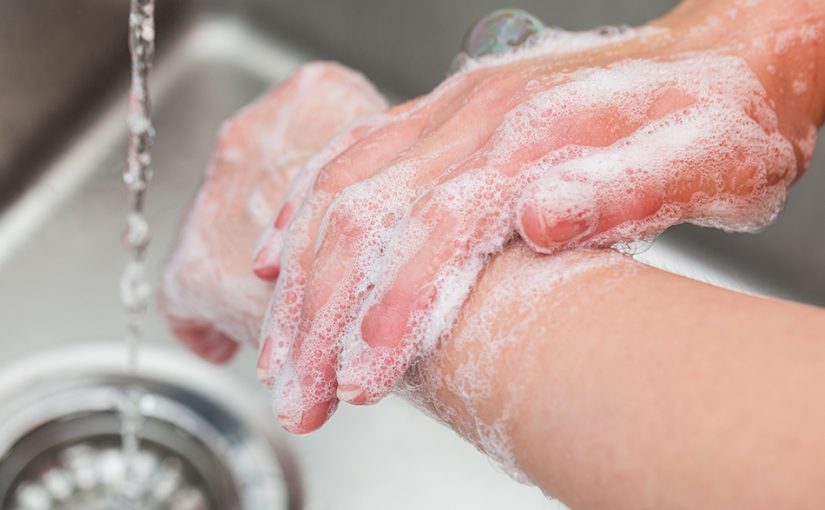
Most of us are familiar with the parental-like voice in the back of our minds that helps guide our decision-making—asking us questions like, “Have you called your grandmother lately?” For many that voice serves as a gentle, yet constant reminder to wash our hands. Handwashing with soap and water is one of the most important Read More >
Posted on by 15 CommentsProtecting Our Future: Emergency Preparedness and Children’s Mental Health
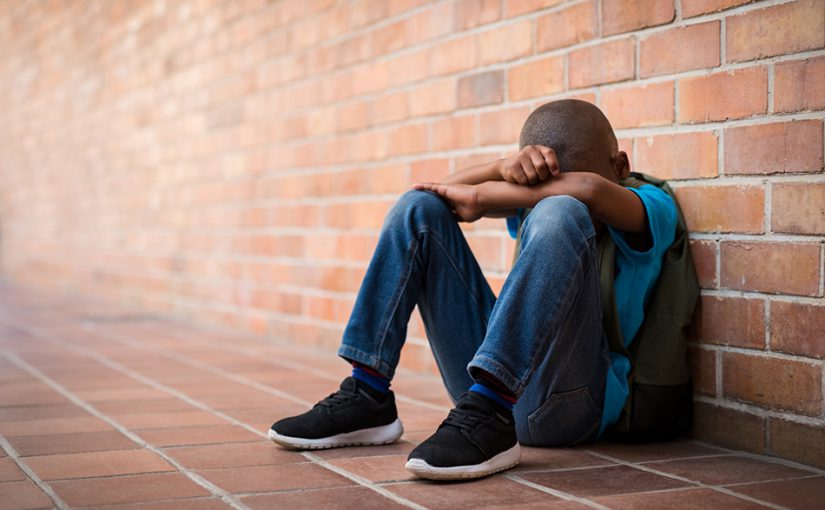
Among the many lessons learned during the 2017 Hurricane season, we recognized that addressing children’s mental and behavioral health needs is a major concern in hurricane-affected areas. CDC’s At Risk Task Force (ARTF) was established in 2017 to ensure identification and prioritization of the mental and physical health needs of at-risk populations, including children. ARTF’s Read More >
Posted on by 4 CommentsThe Power of Preparedness: Prepare Your Health
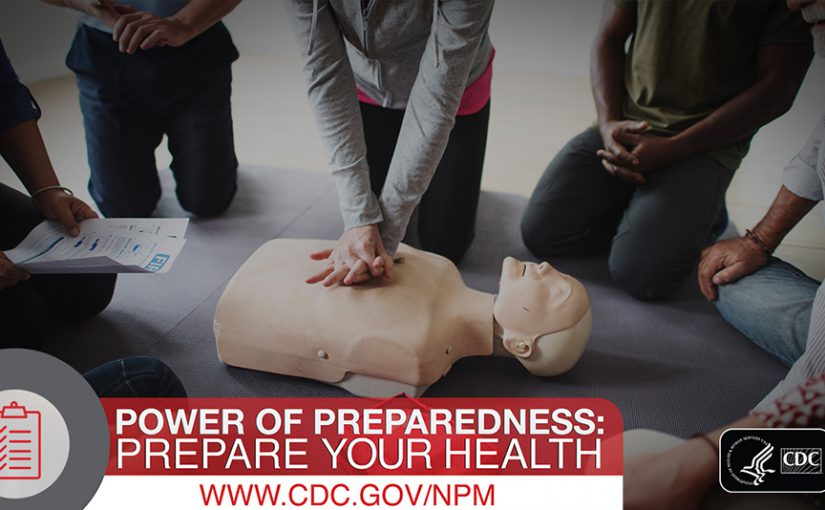
The devastating hurricanes of 2017 reminded us how important it is to prepare for disasters. These potentially life-threatening situations have real impacts on personal and public health. During Hurricane Irma, existing medical conditions and power outages increased the likelihood of death. Being prepared with supplies and an Emergency Action Plan can help you protect the Read More >
Posted on by 5 CommentsArizona’s ERIC Program Works to Improve Access to Emergency Information
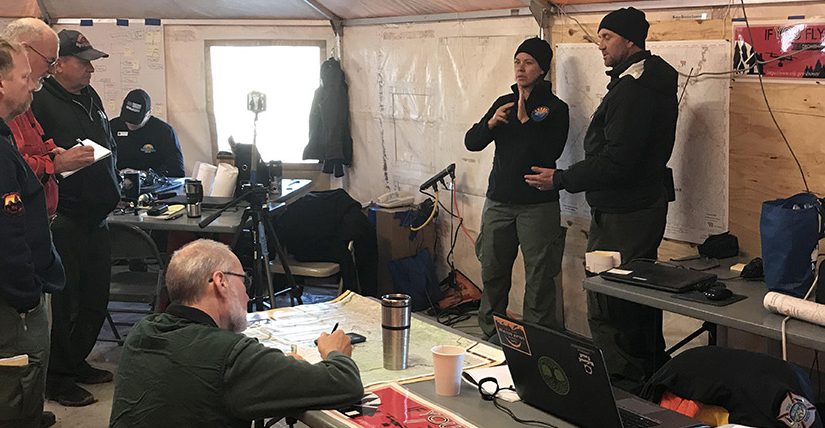
Post updated: Aug. 31, 2021 Vicki Bond is not surprised at how hot, but by how cold the temperatures can get out on a wildfire. “I’ve worked on responses to more wildfires in freezing temperatures than in extreme heat,” she says. Coincidentally, making sure people aren’t left out in the cold in an emergency is Read More >
Posted on by Leave a commentUsing Trauma-Informed Care to Guide Emergency Preparedness and Response
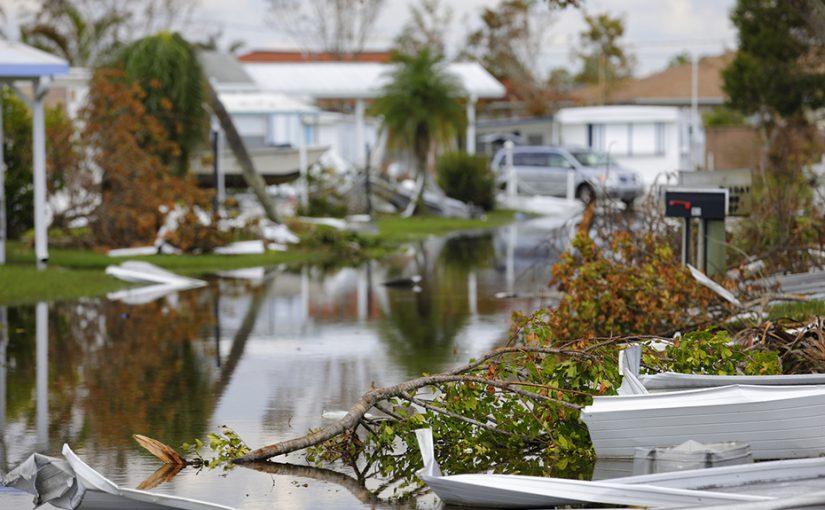
Exposure to a traumatic event or set of circumstances can negatively affect a person’s mental, physical, social, emotional or spiritual well-being for a long time after the initial incident. We know that not all individuals respond to trauma in the same way and we know that individuals with a history of trauma, especially childhood trauma, Read More >
Posted on by 8 Comments5 Communication Lessons Learned from Hurricane Maria
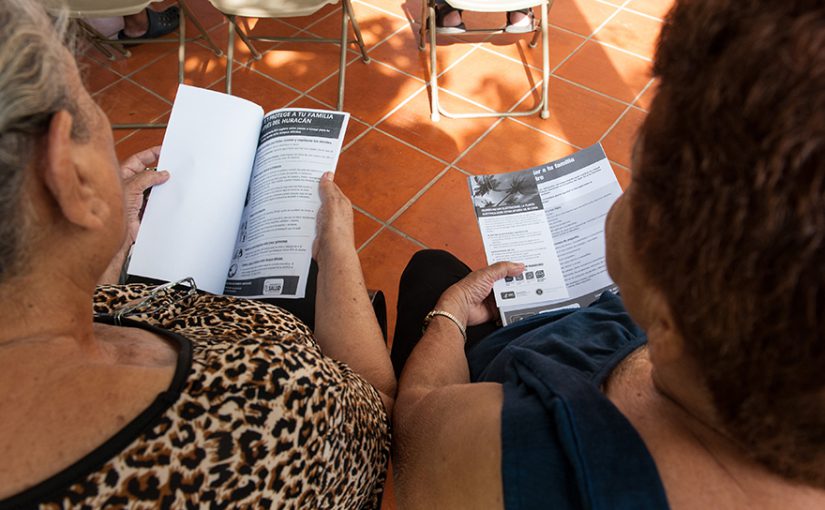
When Category 4 Hurricane Maria made landfall in Puerto Rico, CDC assembled a team of experienced communicators who were flexible, bilingual, and culturally sensitive communicators. This group of experts prepared to deploy to Puerto Rico on short notice to support the communication needs of the Puerto Rico Health Department. I was asked to lead Read More >
Posted on by 2 Comments
